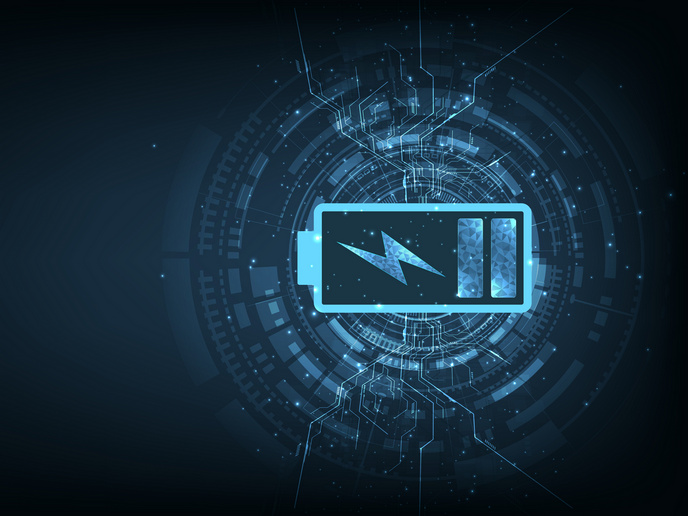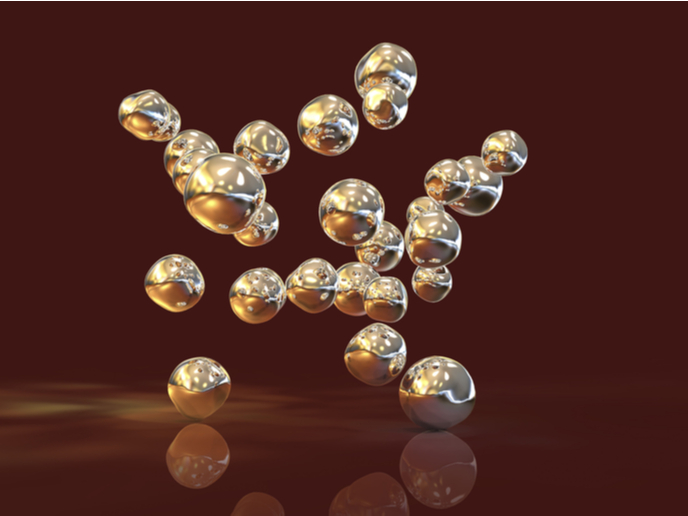Optimising fuel cells to make electric buses a more attractive option
Increasing the availability and reliability of FCEBs has proven difficult for several EU-funded projects. One such initiative was CHIC, where only 70 % availability for hydrogen buses was measured against 96 % for their diesel equivalents. “This made hydrogen buses get a bad reputation,” says Federico Zenith, coordinator of the EU-funded Giantleap project. The Giantleap team developed prognostic methods for fuel cell systems, namely the fuel cells themselves and additional components like compressors that are often more critical to reliability. “We followed a range extender approach, where the fuel cells and hydrogen tanks are attached to a battery bus as a carry-on charging station that can easily be removed and replaced by operators during malfunctions,” explains Zenith.
Algorithms on what’s ailing fuel cells
Project partners devised an algorithm that projects a lifespan of 15 000 hours of continuous operation for the fuel cells compared to the initial target of 12 000. They also developed algorithms that determine a fuel cell’s degradation state in just a few seconds. These algorithms were successfully tested on full-sized stacks. “We were able to explain the breakdowns of compressors subject to anomalous transient conditions that caused higher wear and are the main cause of fuel cell system failure,” reports Zenith. Cost projections for the fuel cell system prototype are encouraging. In addition, the team successfully demonstrated the feasibility of a range extender for battery buses on public roads but with no actual passengers. The ability to swap out the range extender in case of malfunctions greatly increases the bus’s availability. The large battery capacity allows the bus to complete its route should malfunctions occur during use. Lastly, researchers further investigated the phenomenon of cell rejuvenation that was first observed in the predecessor project Sapphire. “We now have a better understanding of the conditions in which we can recover some cell degradation previously thought to be irreversible, even though there are still a few alternative explanations for the mechanisms,” notes Zenith.
Positive project experience leads to fruitful partnerships
Giantleap generated a lot of interest in fuel cell technology for project partner Bosch Engineering, a leading German manufacturer of motor vehicle parts and accessories. “The company used more resources than budgeted to get the most know-how out of the project, and it was clear they considered it of strategic importance,” says Zenith. By the end of the project, Bosch Engineering had announced a strategic cooperation with Swedish fuel cell producer PowerCell. The company also started collaborating with American electric truck maker Nikola Motors on their upcoming hydrogen truck Nikola Two. “Giantleap has contributed to a better understanding of degradation processes in fuel cells and their systems,” concludes Zenith. “Boosting the fuel cell system’s lifetime and reliability should increase the availability of FCEBs while reducing their total cost of ownership.”
Keywords
Giantleap, fuel cell, bus, fuel cell system, range extender, electric buses







